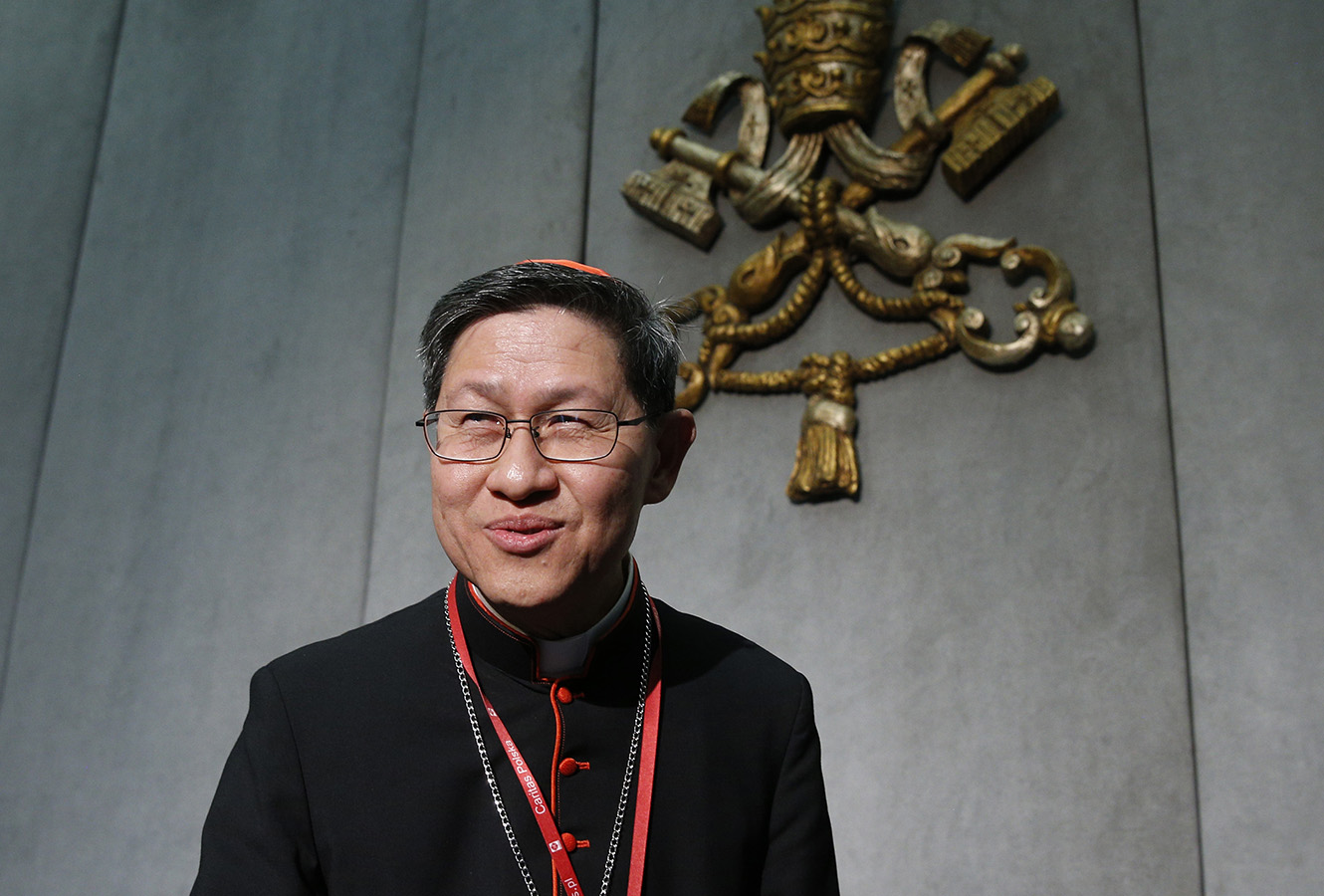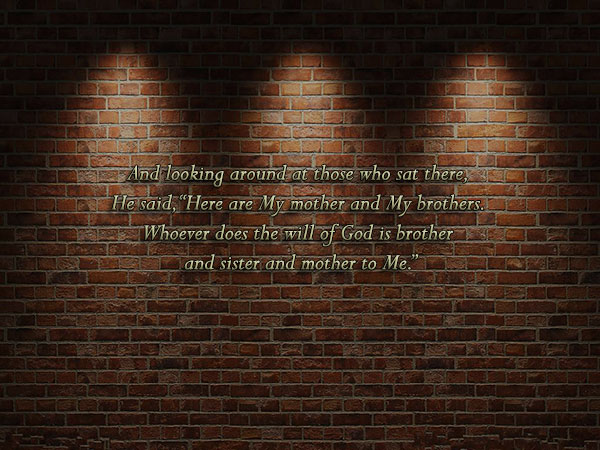
Sister Patricia Fox, an Australian nun, was ordered to be deported from the Philippines by President Rodrigo Duterte. (Photo by Angie de Silva)
Ernesto M. Hilario, Manila
Philippines
October 25, 2018
Criticize the Philippine government at your own risk. That seems to be the stern message President Rodrigo Duterte’s administration wants to send to foreigners, including missionaries, who have raised doubts over its commitment to protecting human rights.
Australian missionary Sister Patricia Fox was ordered deported by the Bureau of Immigration as early as April for allegedly engaging in anti-government activities in the country. She filed an appeal and her deportation was moved to early September.
On Oct. 8, the bureau upheld its earlier order and her missionary visa is now considered invalid. Hence, she must apply for a temporary visitor’s visa good for 59 days if she wishes to stay in the country.
The Australian missionary’s case clearly indicates the Duterte administration’s intolerance of criticism.
In August, the Immigration Bureau blocked the entry of 84-year-old Australian professor and human rights advocate Gill Hale Boehringer, who had been blacklisted for reportedly joining a 2015 rally in violation of regulations barring foreigners from engaging in political activities in the country.
Earlier, in July, the Immigration Bureau also sent home two foreign missionaries who had been vocal in their human rights stand. Tawanda Chandiwana from Zimbabwe and Adam Thomas Shaw, an American, were said to have overstayed in the country.
Fox’s legal counsels are understandably unhappy over the immigration ruling: “[It] has long prejudged the case of Sister Pat that it consciously turns a blind eye and deaf ear to reason and evidence, and gave in to the whims and caprice of its master in [the presidential palace].
“The lawyers pointed out that the Immigration Bureau “wants her out of the country, to discontinue her missionary work for poor Filipinos, and silence her unwavering call for justice, accountability and protection of human rights, without even laying the basis for such decision.”
Duterte has publicly admitted giving an order to have Fox investigated for anti-government activities, a charge which she stoutly denies.
He asserted that foreigners are not allowed to criticize the Philippine government. “You don’t have the right to criticize us. You can come here [but only] to enjoy all the sights,” he said in April.
The Immigration Bureau issued an order way back in 2015 that “foreign tourists are prohibited from engaging in any political activity as defined by law and jurisprudence, such as but not limited to, joining, supporting, contributing or involving themselves in whatever manner in any rally, assembly, gathering, whether for or against the government.”
Human rights groups are worried that this immigration order could be used to harass and arrest more foreigners critical of the Philippine government.
Fox’s legal team believes she attracted the government’s attention when she joined a fact-finding mission on alleged human rights abuses in Mindanao in the southern Philippines and attended a protest action in Davao City. But she maintains that she did not say anything in the protest action that might have incurred the wrath of Duterte.
The 71-year-old nun has actively supported efforts to push for workers’ welfare, land reform and peasant rights in her 28 years as a missionary in the Philippines.
“As a human being, especially as a religious, we have to stand with the oppressed and what I was doing was listening to the workers who are just asking to be regularized, the tribal people who are being sent off their land,” she said. “To me, it’s a human rights issue. It’s what you do as a human rights defender.”
Will the case of Sister Patricia Fox and her impending deportation for alleged anti-government activities have a chilling effect on human rights advocacy in the country?
That’s not likely, as human rights groups are determined to raise their collective voice and demand that government give full protection to their political and civil rights, as well as social and economic rights, enshrined in the 1987 constitution.
Ernesto M. Hilario is a freelance writer-editor and has written articles for various publications since 1978.








